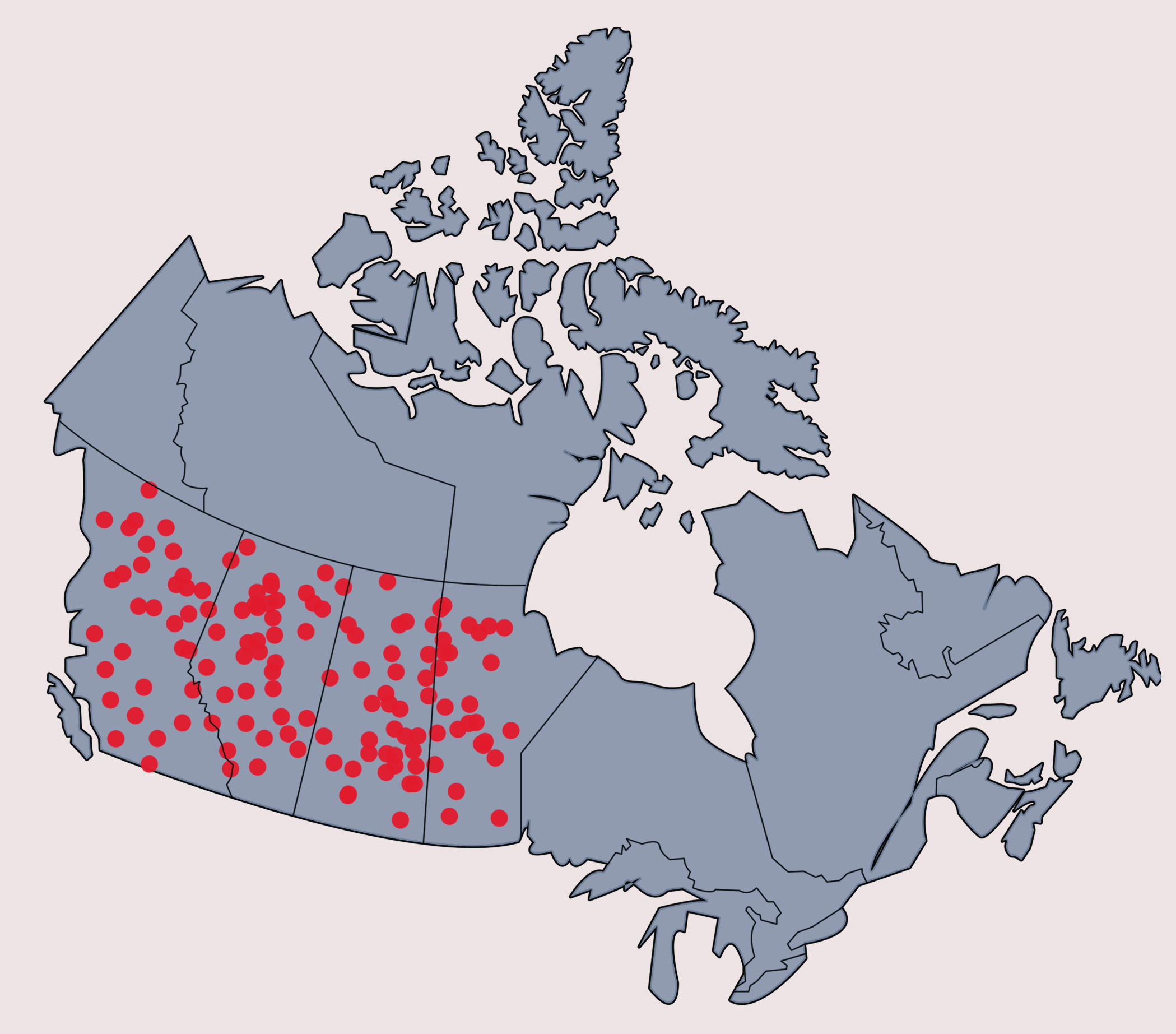Measles outbreak in western Canada causes concern


Earlier this spring measles plagued western Canada, and health officials are calling it the largest outbreak in decades. Luckily, danger of the disease spreading is reportedly decreasing, however people still need to be cautious and avoid contracting the disease.
The disease is extremely contagious and is caused by a virus. It can lead to dangerous symptoms that may even result in death.
“It’s spread through direct contact with or inhalation of the secretions from an infected person’s nose or mouth,” explained Robert Cyrenne, communications officer at Health Canada.
According to Health Canada, symptoms of measles begin as a red blotchy rash that begins on the face, then spreads throughout the entire body, as well as a fever, cough, runny nose, red, watery eyes, irritability and sleepiness.
Typically those affected recover within two to three weeks, however the disease is especially dangerous to infants and individuals with a lower immune system.
Kristy Wright, manager of infectious disease, tuberculosis control and emergency preparedness at Region of Waterloo Public Health explained, “It spreads quite easily among those who are unimmunized. Immunization helps significantly to decrease the risk of transmission.”
Provinces in western Canada, such as British Columbia, Alberta and Manitoba have reportedly experienced outbreaks of measles since early March. According to Cyrenne, the outbreak initially began in Fraser Valley, B.C.
“The measles virus was imported into a community in the Fraser Valley health authority that is known to have very low immunization coverage rates. As measles is highly contagious, it spread quickly through the community,” said Cyrenne
Cyrenne confirmed that there have been 102 measles cases reported from the provinces of Alberta, British Columbia, Manitoba, Ontario and Saskatchewan since the beginning of 2014, which is higher than the normal average.
Health Canada reported that between 2005 and 2011, measles incidences have increased between peoples aged 20 to 24 from zero to 1.04 per 100,000 of the population. This is a direct result of individuals not getting the vaccine.
Cyrenne explained that people may choose to not get the vaccine for a number of reasons, including personal beliefs, opinions, lifestyle choices and social group attitudes. Individuals may fear the vaccine is unsafe, believe that there is low prevalence of the disease or may even be reluctant due to the belief that children are being over-vaccinated nowadays.
Wright commented on the prevalence of measles cases within Kitchener-Waterloo: “We have not actually had any spread of measles within our region to date,” she said.
Wright did say there was one measles case in February that affected a University of Waterloo student, who had been travelling across Europe and through international airports. The student stayed in quarantine until his recovery in order to prevent the spread of the disease.
“There was no spread or secondary case related to that case,” Wright said.
According to Wright, the K-W area has a high immunization rate, and therefore it would be difficult for measles to spread easily. Despite this, she said there are a large number of pockets of the population that are still not immunized.

